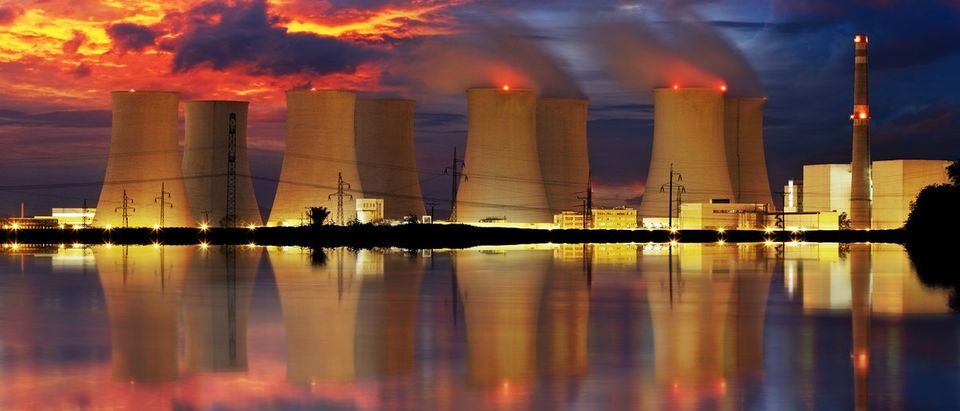The Three Mile Island (TMI) nuclear power plant in Pennsylvania will shut down in 2019 due to a lack of customers, the plant’s owners announced Tuesday.
Exelon Corporation announced last week it was having trouble selling electricity generated by Three Mile Island (TMI) in 2020 during an advanced auction in Pennsylvania, New Jersey and Maryland. Now, Exelon has decided to sell off the plant that was the site of the worst nuclear melt down in U.S. history.
“Today is a difficult day, not just for the 675 talented men and women who have dedicated themselves to operating Three Mile Island safely and reliably every day, but also for their families, the communities and customers who depend on this plant to produce clean energy and support local jobs,” Chris Crane, Exelon’s president and CEO, said in a statement released Tuesday.
Exelon’s other nuclear plants in the region were able to sell their electricity, but the company says TMI hasn’t been profitable for five years. Crane called on the state of Pennsylvania to work with his company to save the reactors.
“Like New York and Illinois before it, the Commonwealth [Pennsylvania] has an opportunity to take a leadership role by implementing a policy solution to preserve its nuclear energy facilities and the clean, reliable energy and good-paying jobs they provide,” Crane said.
“We are committed to working with all stakeholders to secure Pennsylvania’s energy future, and will do all we can to support the community, the employees and their families during this difficult period,” he said.
New York and Illinois both voted to bail out nuclear power plants in their states by raising power prices rather than let the reactors fail. Unions, business groups and some environmentalists strongly support legislation enabling the bailouts, as the reactors have environmental benefits. These nuclear power plants were also owned by Exelon.
A coalition of free market groups against government intervention in the economy and many environmental groups opposed the measure on grounds that it would be effectively a subsidy and would takes resources away from wind and solar power.
Nuclear power provides 93 percent of Pennsylvania’s emissions-free electricity and avoids 37 million tons of carbon dioxide (CO2) emissions annually. This is the environmental equivalent of keeping 10 million cars off the road every year.
TMI is the site of the largest nuclear plant melt down in U.S. history.
In March 1979, TMI’s number 2 reactor partially melted down, causing the most serious accident in U.S. commercial nuclear operating history. The event spurred environmentalist campaigns to prevent other nuclear power plants from being built, and has tarnished the industry’s reputation ever since.
Radioactive releases from the 1979 melt down were small and had no detectable health effect on plant workers or the public, according to the Nuclear Regulatory Commission (NRC). Nobody was killed, but disaster convinced the NRC to tighten safety standards.
TMI’s closure is not an isolated incident. About half of U.S. nuclear reactors are at risk of closing early, according to a new report by the left-leaning think tank Third Way.
In the past two years, six states have shut down nuclear plants, and “dozens” of other plants across the U.S. are facing challenging economic conditions, placing them at risk of imminent retirement. Decommissioning reactors can cost up to $1.5 billion and take up to 60 years to complete.
Nuclear reactors are expensive to both build and operate and are not heavily subsidized, like wind or solar power, for producing electricity without emitting carbon dioxide (CO2).
Send tips to andrew@
All content created by the Daily Caller News Foundation, an independent and nonpartisan newswire service, is available without charge to any legitimate news publisher that can provide a large audience. All republished articles must include our logo, our reporter’s byline and their DCNF affiliation. For any questions about our guidelines or partnering with us, please contact licensing@dailycallernewsfoundation.org.


